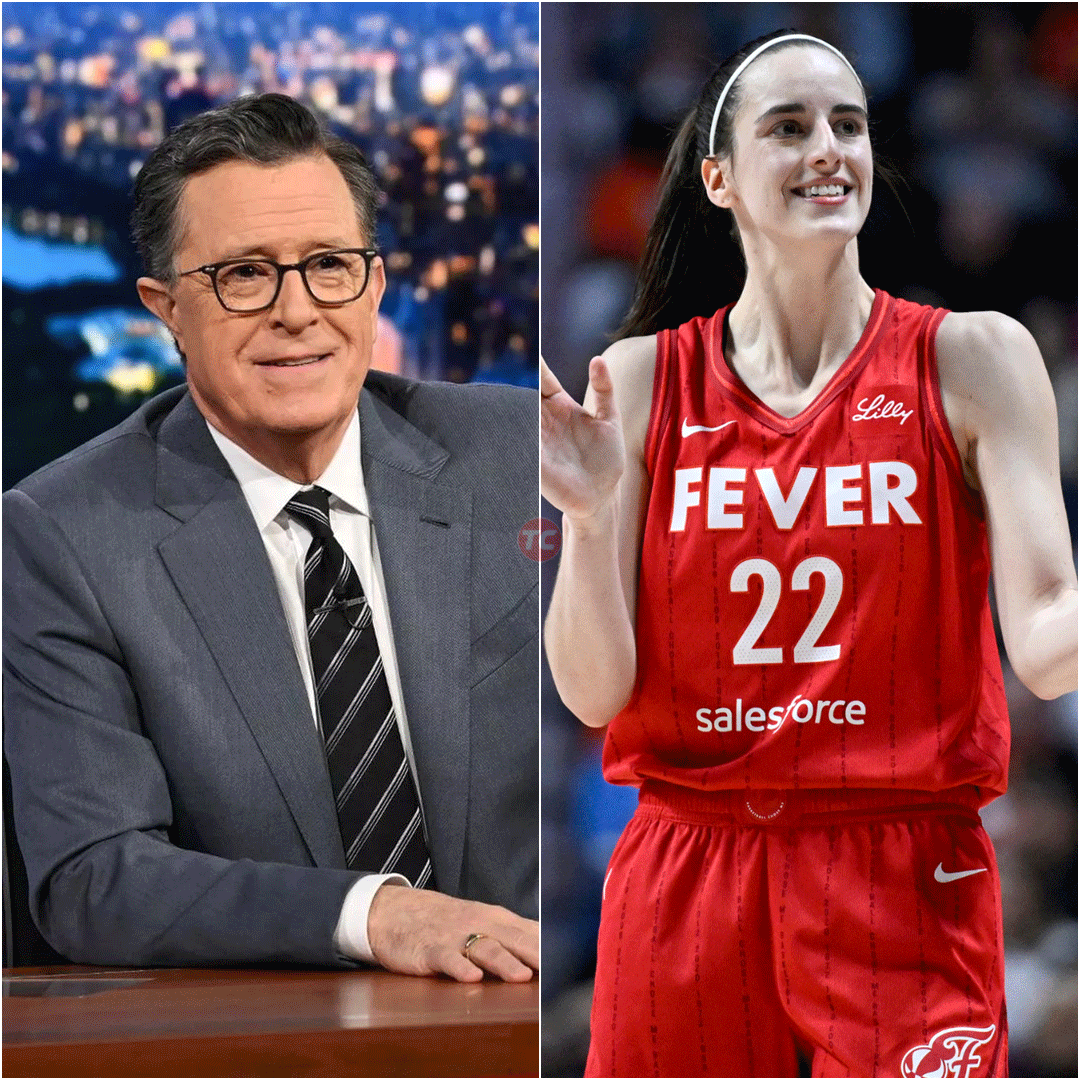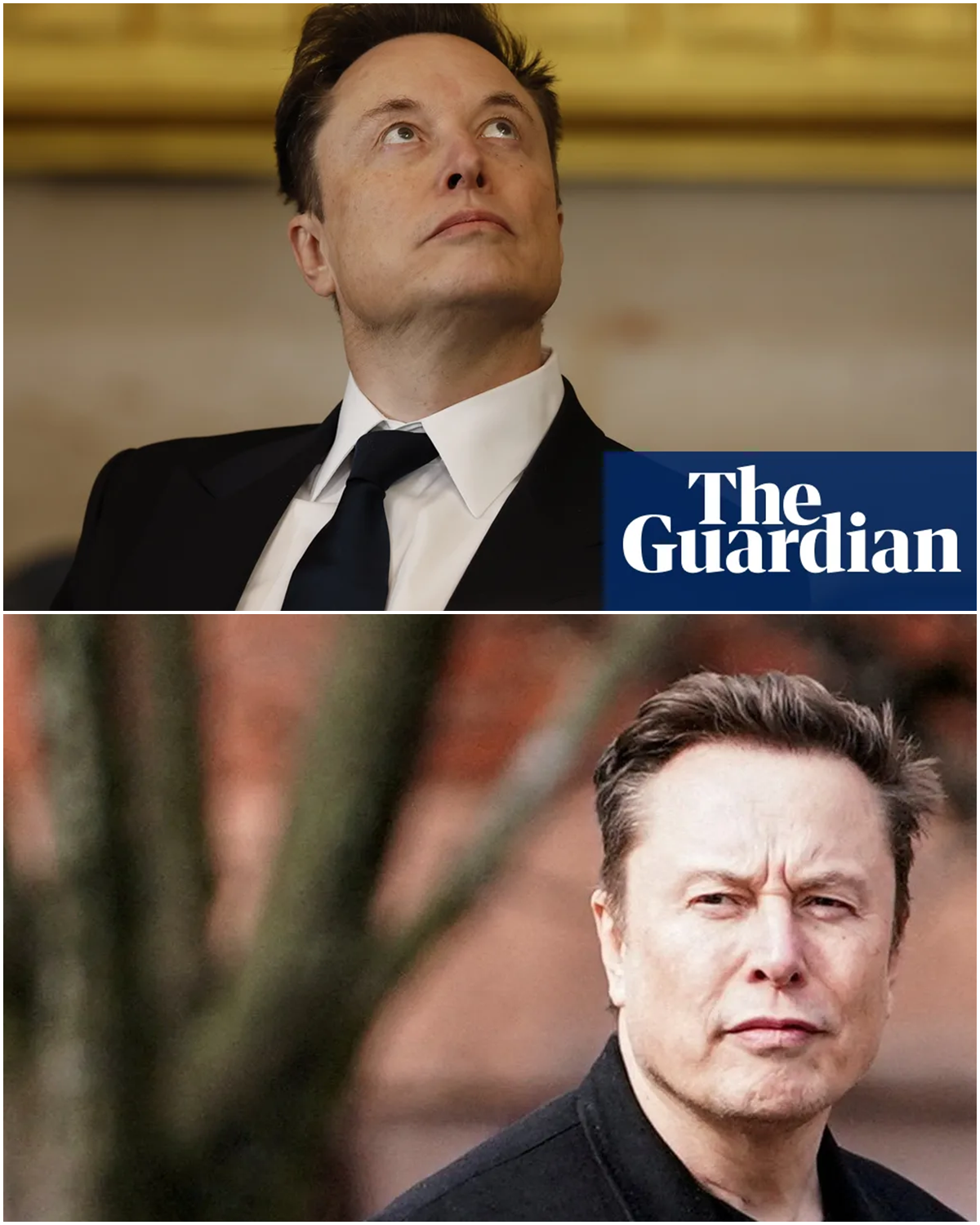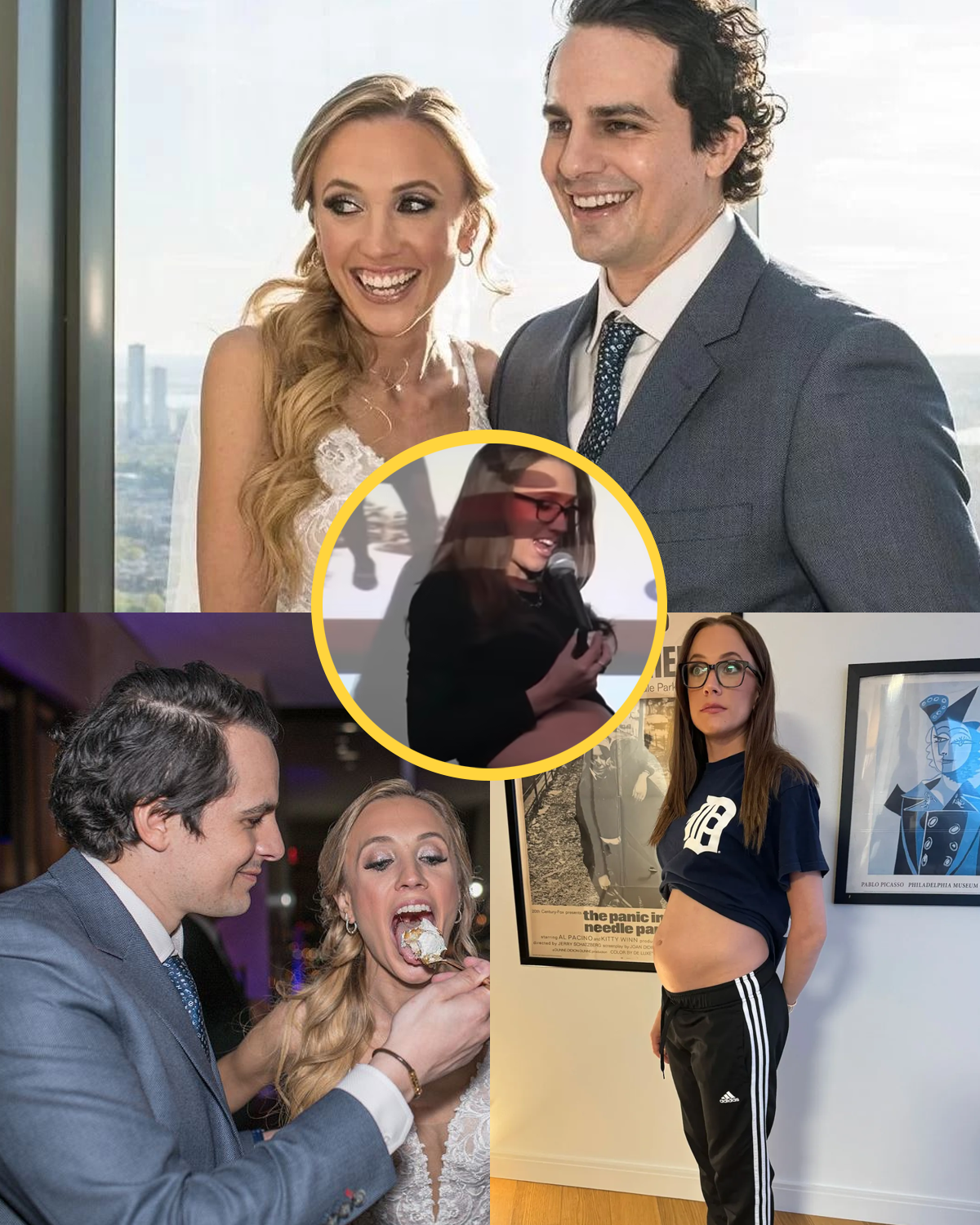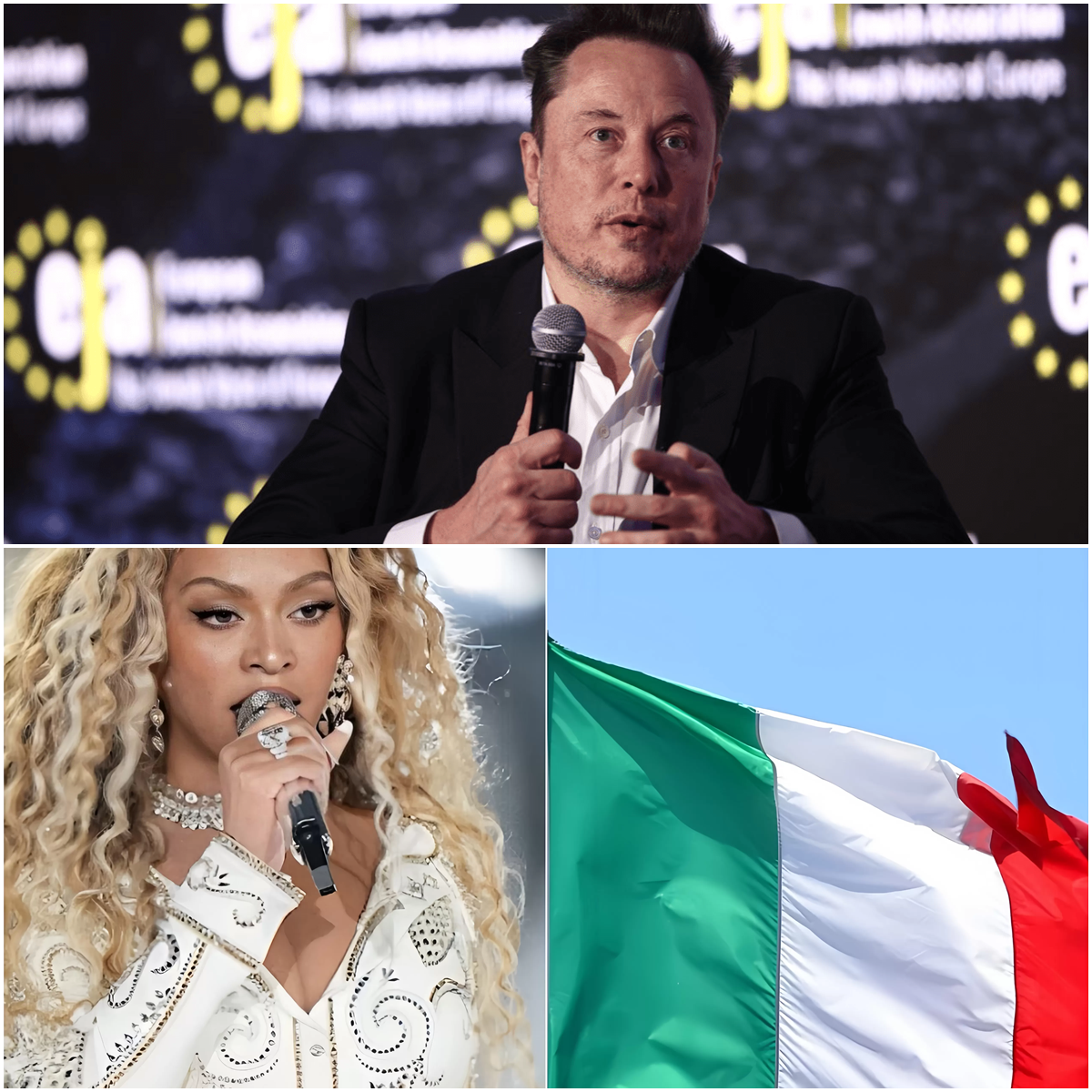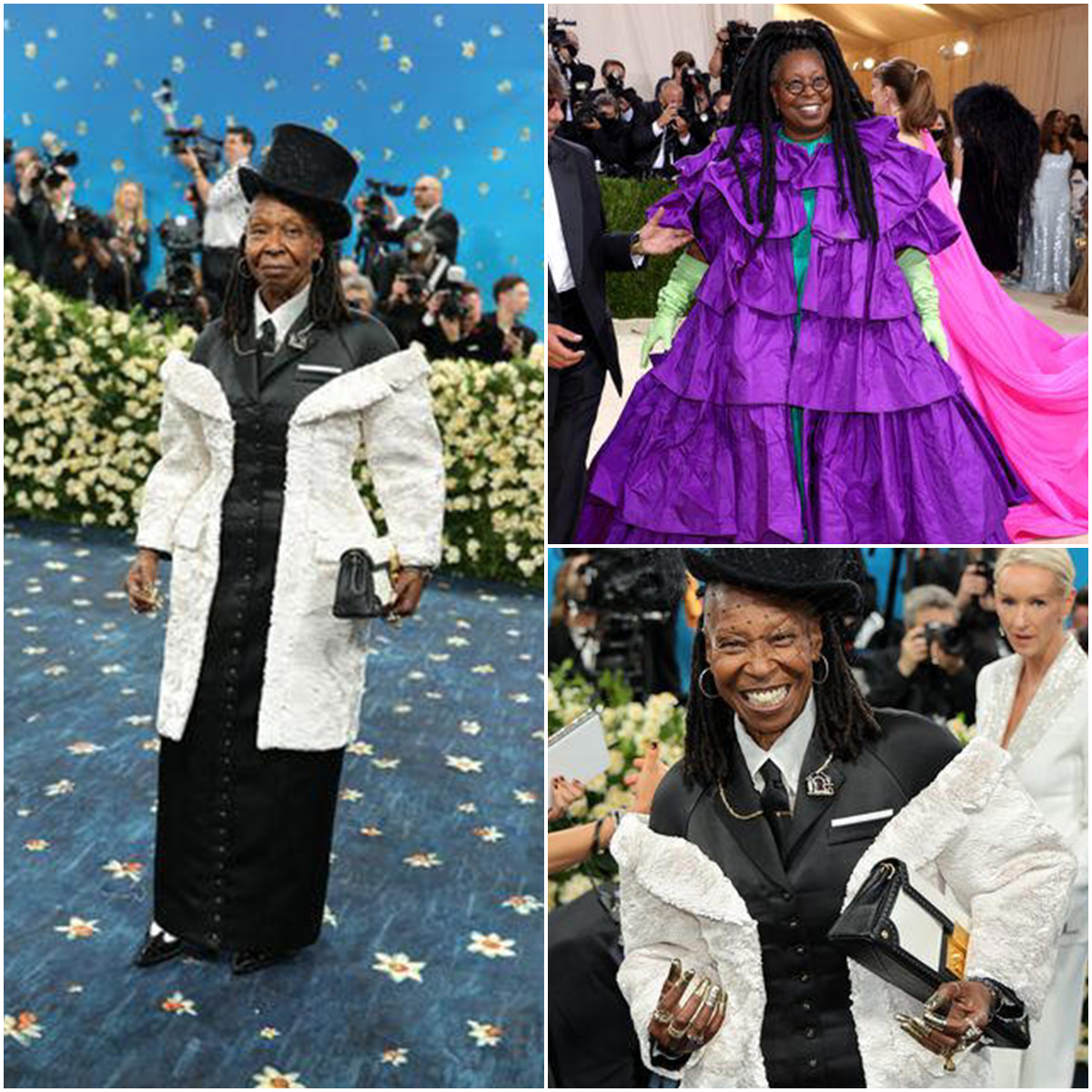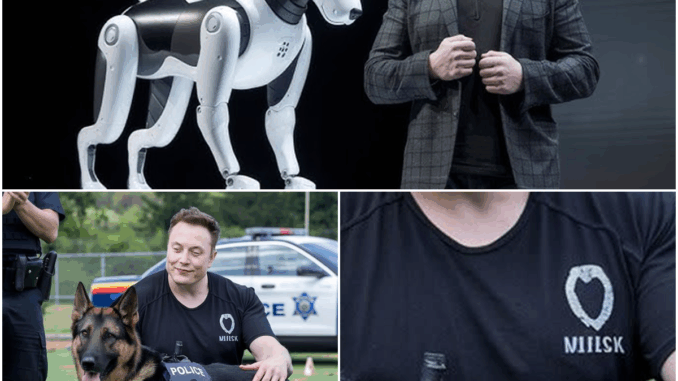
Elon Musk’s Wild College Hustle, Robotic Police Dogs, and the Day He Claimed Robots Would Fall in Love With You: The Billionaire’s Strangest—and Most Human—Moments

The image of Elon Musk that most Americans know is the one splashed across headlines: the billionaire inventor, the rocket man, the electric car king. But the real story of Musk—the one that threads through wild college nights, bleeding-edge robotics, and a jaw-dropping claim that “robots will fall in love with you”—is far stranger, and far more human, than you might expect.
From Frat House to First Fortune: Musk’s Secret Nightclub Empire
Long before he was changing the world, Elon Musk was hustling at the University of Pennsylvania. But Musk’s college years weren’t just about physics and code. In a move that would foreshadow his future as a disruptor, Musk and his roommate bought a 10-bedroom frat house and turned it into an underground nightclub.
It wasn’t just a place to party. It was a business—a scalable, data-driven operation run with the precision of a Fortune 500 startup. While hundreds of students packed into the house for wild nights and cheap drinks, Musk was rarely seen on the dance floor. Instead, he was upstairs, hunched over a computer, coding or working through physics equations.
But don’t mistake his absence for disinterest. Musk was the man behind the curtain: calculating ROI on every keg, tracking cash flow, and even managing crowd control with a spreadsheet. His roommate would later recall, “Elon was always thinking like an entrepreneur. He was obsessed with the numbers. Most of us were just having fun, but he was already running a business.”
That frat house nightclub didn’t just pay the rent—it gave Musk his first real taste of business scalability, and a glimpse of the future he would soon build on a global scale.
Robodogs on Patrol: Musk’s Shocking Gift to Injured Police K9s
Fast forward to 2025, and Musk is making headlines for something straight out of science fiction: giving robotic legs to injured police dogs. The news broke in a blaze of “H0T NEWS” headlines—Musk’s groundbreaking donation had enabled a team of canine officers to walk, run, and even chase down criminals again, thanks to advanced Tesla robotics.
The story that stunned the nation was that of Max, a decorated K9 who lost both hind legs in the line of duty. After surgery and months of rehabilitation, Max was fitted with a pair of sleek, AI-driven robotic limbs, donated by Musk’s foundation. The dog’s first day back on patrol was captured on viral video: Max sprinted after a suspect, leaping over obstacles with a speed and agility that seemed almost superhuman.
For Musk, the project was personal. “We owe these dogs the best technology we have,” he said in a rare interview. “They save lives. They deserve a second chance.”
But the implications are bigger than any one dog. Musk’s technology, originally developed for the Tesla Optimus robot, is now being adapted for human amputees—and could soon revolutionize the world of prosthetics.
The Night Musk Claimed Robots Would Fall in Love
If you thought robotic police dogs were wild, Musk’s next act was even stranger. In a fiery 2023 livestream, watched by millions, Musk made a claim that left even his own engineers speechless: “One day, Tesla’s Optimus robot will fall in love with you.”
The line was delivered with a trademark Musk smirk, but he wasn’t joking. As he explained, the future of AI isn’t just about brute force computation or physical dexterity. It’s about emotional intelligence—robots that can bond with their users, learn to simulate affection, and maybe, just maybe, develop something like love.
“I’m not saying date your robot,” Musk laughed, “but maybe don’t underestimate its charm.”
The moment became an instant meme, but AI researchers took notice. Was Musk serious? Could robots really learn to love?
According to Dr. Priya Anand, an AI ethicist, Musk’s comments hint at a deeper truth. “He sees emotional intelligence as inevitable in AGI,” she says. “If we build machines that interact with us every day, they’ll have to understand our moods, our needs, even our feelings. The line between simulation and real emotion will blur.”
The Human Side of the World’s Most Unpredictable Billionaire
What’s most shocking about these stories isn’t the technology—it’s the glimpses they offer into Musk’s mind. Here’s a man who ran a nightclub with spreadsheets, who gives robotic legs to wounded animals, who jokes about robots falling in love, all while leading humanity’s charge into the future.
Beneath the bombast and bravado, Musk is driven by a surprisingly simple idea: technology should serve people, not the other way around.
That philosophy is evident in everything he does. The nightclub wasn’t just a way to make money—it was a way to bring people together. The robotic legs aren’t just a PR stunt—they’re a lifeline for animals (and soon, humans) who’ve lost hope. And the “lovable robot” is more than a meme—it’s a vision of a future where technology doesn’t just obey, but understands.
A Future That’s Stranger—and More Hopeful—Than Fiction
Of course, not everyone is convinced. Critics warn that giving robots emotional intelligence could backfire, leading to manipulation, dependency, or even heartbreak. Others worry about the ethics of using advanced robotics in law enforcement.
But Musk remains undeterred. For him, the future has always belonged to the bold.
“People said electric cars were impossible. They said reusable rockets were a fantasy. Now they say robots can’t love,” Musk said in a recent interview. “We’ll see.”
As wild as it sounds, history suggests he might be right. After all, who would have believed, twenty years ago, that the world’s richest man would be a former nightclub manager, building spaceships, giving dogs new legs, and teaching robots how to love?

What’s Next for Musk—and for Us?
As Musk’s companies hurtle toward new frontiers, the only certainty is that the future will be stranger—and more human—than we ever imagined.
Will robotic police dogs become a fixture in every city? Will AI companions change the way we live and love? Will the next generation of college students run their own nightclubs with spreadsheets, dreaming of changing the world?
If Musk has his way, the answer to all of the above is yes.
One thing is for sure: as long as Elon Musk is at the helm, the line between science fiction and reality will keep getting blurrier—and the world will never be boring.
*What do you think about Musk’s nightclub days, his robotic gifts to police dogs, and his wild claims about AI love? Could he be onto something—or is this all just another billionaire fantasy? Share your thoughts below and join the conversation.*



